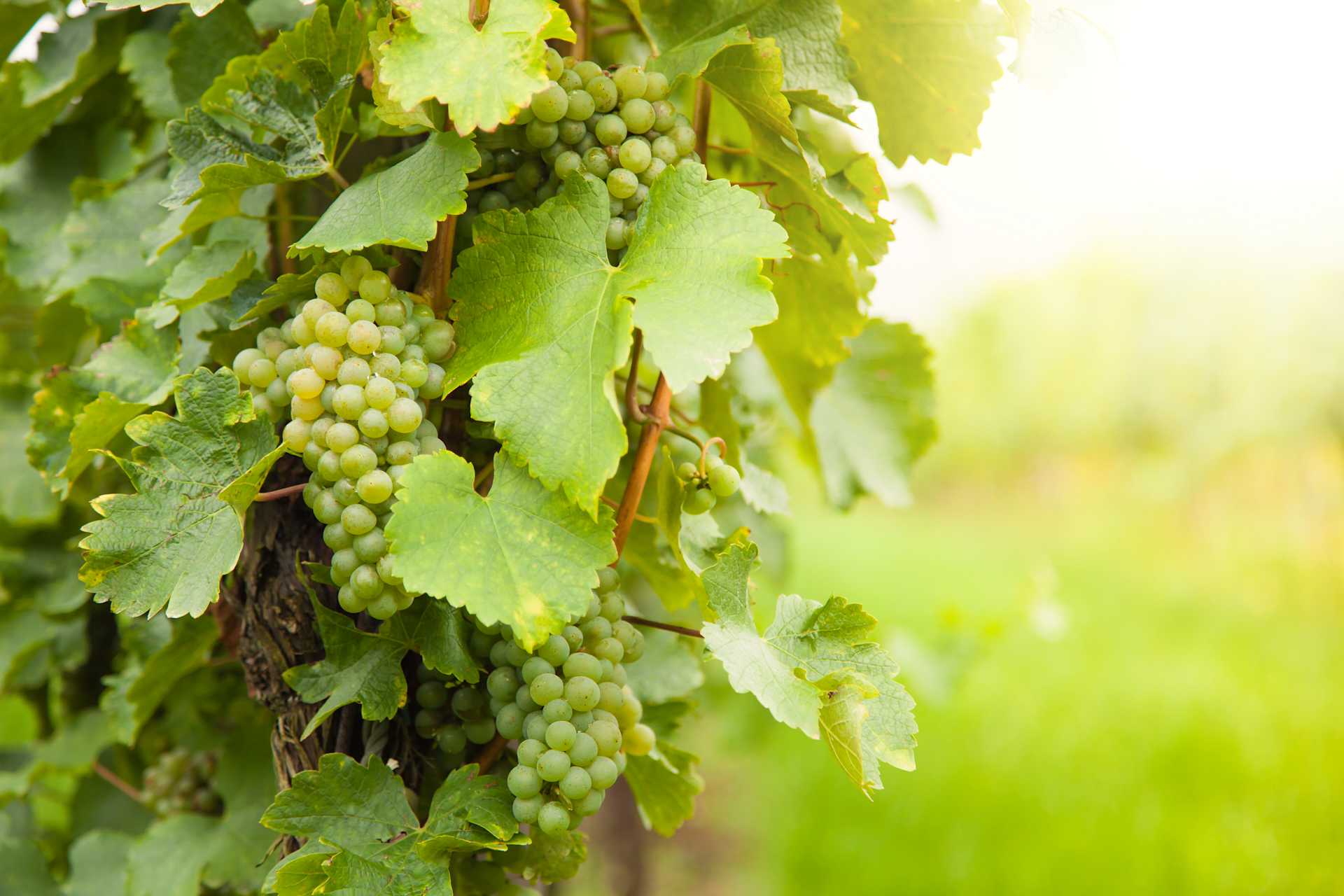Melanie Pfister Paar Pinot Blanc 2018
-
James
Suckling



Product Details
Your Rating
Somm Note
Winemaker Notes
Paar translates to "pair" in German. This wine is made from the two varietals, Pinot Blanc and Auxerrois. The vineyard surface is six acres essentially split between the two varietals, but Mélanie's wine tends to have a bit more Pinot Blanc than Auxerrois. Some is reserved for the sparkling wine, but most goes into this still bottling. Pinot Blanc gives floral notes and fine acidity; Auxerrois gives fat and spice.
Organically grown
Professional Ratings
-
James Suckling
This is so pristine and finely nuanced that it’s hard to believe it comes from 2018, the warmest year of modern times in Alsace. I love the sliced pear, the lemony freshness, the hints of fresh green vegetables and the long, refreshing and mineral finish. A blend of pinot blanc and auxerrois. From organically grown grapes with Fair’n Green certification. Drink or hold.
Other Vintages
2021-
James
Suckling
-
James
Suckling



As early as 1780, Nicolas Pfister lived as a "bourgeois wine-grower" using the farm buildings that are still in place today. The estate and how-know were subsequently handed down from father to son, in the traditional manner.
There was a turning point in 1972, when Alfred Pfister handed over the business to his son André. With the support of his wife Marie-Anne, the latter would implement a new approach, resolutely forward-thinking and designed to benefit future generations. Having inherited the expertise of the six previous generations of wine-growers, he soon decided to devote himself to ecologically responsible wine-growing while modernising facilities and equipment. The work carried out on the vines and in the cellar pursued the single objective of obtaining the highest quality fruit and wines, bearing the hallmark of their terroir.
The latest chapter in the story has seen the arrival on the estate of Mélanie, the eighth generation of Pfisters, and the first woman in the line of succession. Trained in Bordeaux and then Dijon as an engineer and oenologist, she intends to apply her knowledge and diverse practical experiences to the ongoing quest for perfection that epitomizes the estate.

Approachable, aromatic and pleasantly plush on the palate, Pinot Blanc is a white grape variety most associated with the Alsace region of France. Although its heritage is Burgundian, today it is rarely found there and instead thrives throughout central Europe, namely Germany and Austria, where it is known as Weissburgunder and Alto Adige where it is called Pinot Bianco. Interestingly, Pinot Blanc was born out of a mutation of the pink-skinned Pinot Gris. Somm Secret—Chardonnay fans looking to try something new would benefit from giving Pinot Blanc a try.

With its fairytale aesthetic, Germanic influence and strong emphasis on white wines, Alsace is one of France’s most unique viticultural regions. This hotly contested stretch of land running north to south on France’s northeastern border has spent much of its existence as German territory. Nestled in the rain shadow of the Vosges mountains, it is one of the driest regions of France but enjoys a long and cool growing season. Autumn humidity facilitates the development of “noble rot” for the production of late-picked sweet wines, Vendange Tardive and Sélection de Grains Nobles.
The best wines of Alsace can be described as aromatic and honeyed, even when completely dry. The region’s “noble” varieties, the only ones permitted within Alsace’s 51 Grands Crus vineyards, are Riesling, Gewurztraminer, Muscat, and Pinot Gris.
Riesling is Alsace’s main specialty. In its youth, Alsace Riesling is dry, fresh and floral, but develops complex mineral and flint character with age. Gewurztraminer is known for its signature spice and lychee aromatics, and is often utilized for late harvest wines. Pinot Gris is prized for its combination of crisp acidity and savory spice as well as ripe stone fruit flavors. Muscat, vinified dry, tastes of ripe green grapes and fresh rose petal.
Other varieties grown here include Pinot Blanc, Auxerrois, Chasselas, Sylvaner and Pinot Noir—the only red grape permitted in Alsace and mainly used for sparkling rosé known as Crémant d’Alsace. Most Alsace wines are single-varietal bottlings and unlike other French regions, are also labeled with the variety name.
